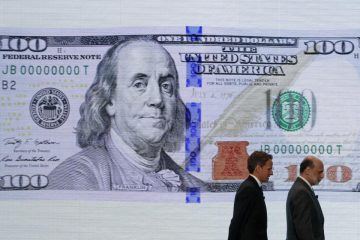 Raphaële Chappe and Mark Blyth debate Sebastian Mallaby in Foreign Affairs (registration required):
Raphaële Chappe and Mark Blyth debate Sebastian Mallaby in Foreign Affairs (registration required):
The COVID-19 recession has prompted states to offer vast amounts of financial support to firms and households. When combined with steps that central banks have taken in response to the financial crisis of 2008, the bailout is so large that it has ushered in what Sebastian Mallaby, writing in the July/August 2020 issue of Foreign Affairs, calls “the age of magic money.” The combination of negative interest rates and low inflation, Mallaby writes, has created a world in which “don’t tax, just spend” makes for a surprisingly sustainable fiscal policy.
The thrust of that description is accurate. But the world Mallaby describes is not a direct result of responses to the financial crisis and the pandemic, as he contends. Nor should it come as much of a surprise.
The roots of the current moment lie in the late 1990s, when the U.S. Federal Reserve responded to the collapse of a major hedge fund by cutting interest rates in an effort to help financial markets avoid more widespread losses.
More here.
